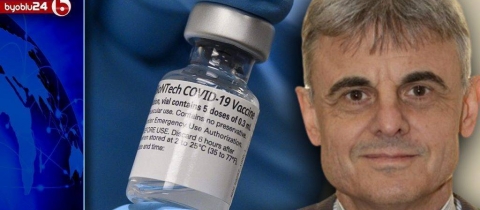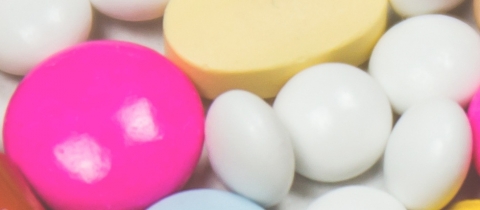Cranberry juice manufacturers are adept at cherry-picking data. Of course this is not a unique pursuit. Be it milk, or blueberries or pomegranates or artificial sweeteners or beef or turmeric or bottled water or virtually any other food or beverage that is on the market, its producers scour the scientific literature for any study that can be used as promotional material. And given the vast number of scientific papers that are published, something can always be found and relatively insignificant data can be seductively exaggerated. How about this press release cooked up by a cranberry juice company’s publicity agency. “Feeling Lovesick? Scientists Say Cranberry Juice Can Help.” Actually no scientist said that.
The twisted reference is to a study that involved subjects drinking a non-commercially available cranberry drink and donating blood from which a special type of immune cell was isolated and its proliferation in a Petri dish was studied. The researchers discovered that the immune cells isolated from the juice drinkers proliferated more quickly. But this was a study carried out in a test tube. The subjects also were asked about cold and flu symptoms and once again the juice drinkers reported reduced severity although there was no difference in frequency of illness. So how does this rather pedantic data convert cranberry juice into a love potion for a Valentine’s Day promotion? With some clever wording. “If you want to smooch, not sniffle, grab a glass of cranberry juice,” starts the enticing copy.
But if you do grab that glass, you will also be grabbing about ten spoonfuls of added sugar. That’s what you get in a soft drink or any other fruit juice. Cranberry juice producers are feeling the heat about sugar and are upping the ante about the benefits of the juice, claiming that these benefits are not wiped out by the sugar. The question of course is, what really are those benefits? In many minds cranberry juice is associated with reducing the risk of urinary tract infections and even with curing those infections. These are not rare. There are millions of urinary tract infections every year in Canada and their treatment with antibiotics contributes to antibiotic resistance.
It would be great if there were a simple preventative regimen, such as drinking cranberry juice. While there are some studies that have shown a marginal benefit, when all the high quality studies are lumped together in a “meta analysis,” the evidence for the prevention of urinary tract infection by cranberry juice is just too weak to recommend its consumption for this purpose. But a little more data dredging can unearth studies that suggest cardiovascular and gastrointestinal benefits. You can even find studies that imply a reduction in dental plaque with cranberry extract mouthwashes as well as inhibition of the growth of cancer cells. But these are mostly esoteric laboratory studies with little practical application. If it’s a choice between a soda pop and cranberry juice, by all means choose the juice. However, when it comes to adding it to the diet hoping to improve health, juicing the berries comes with squeezing of the data.







